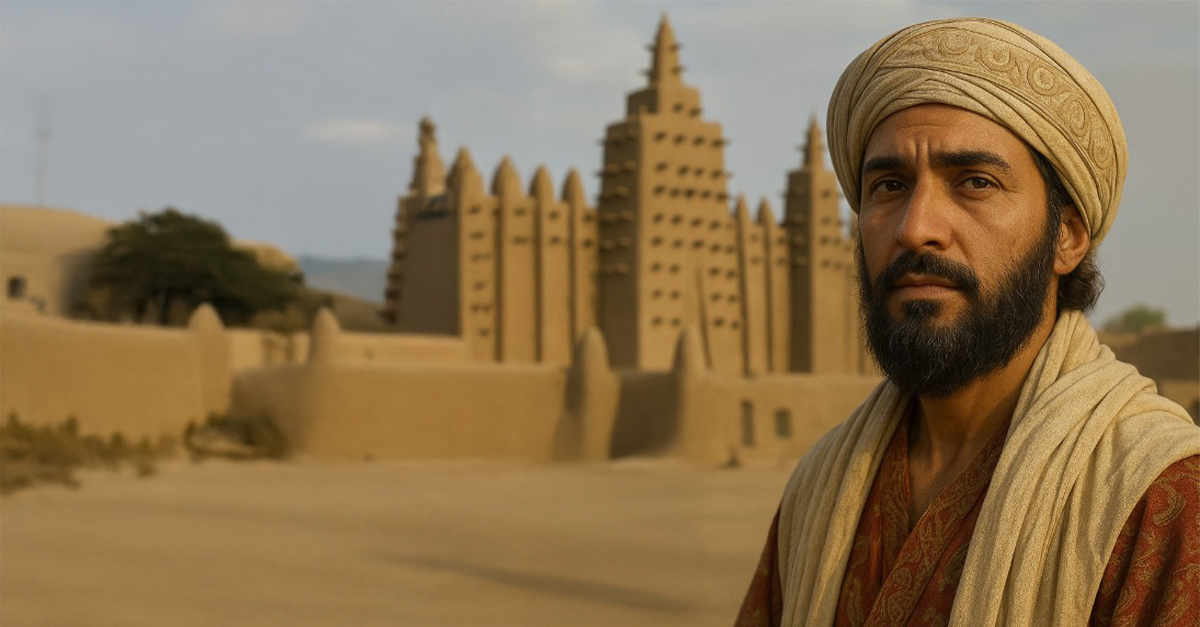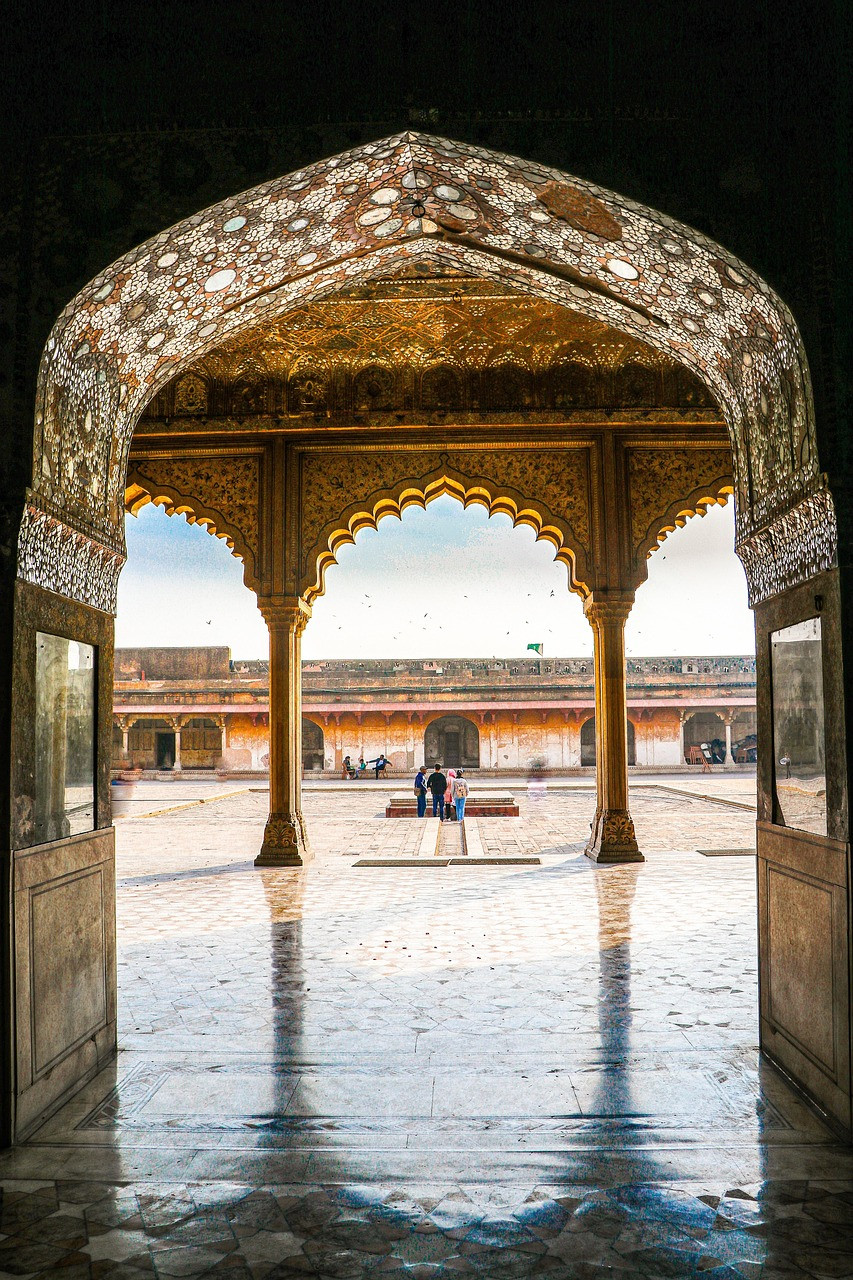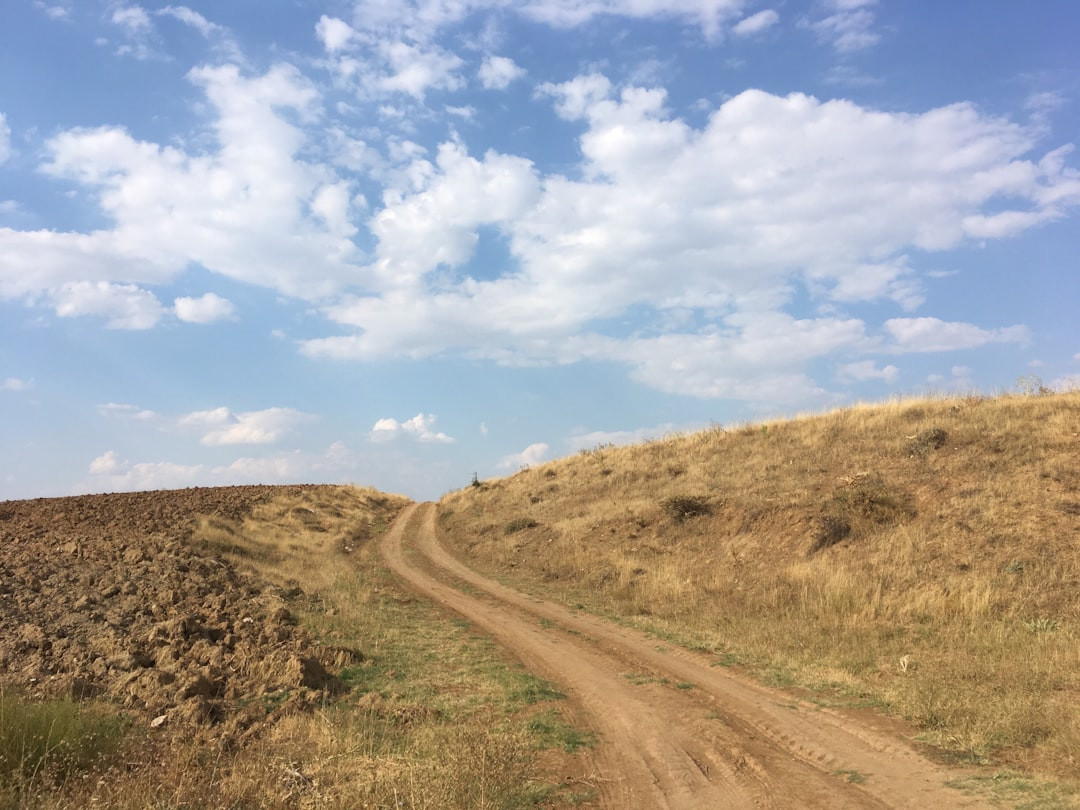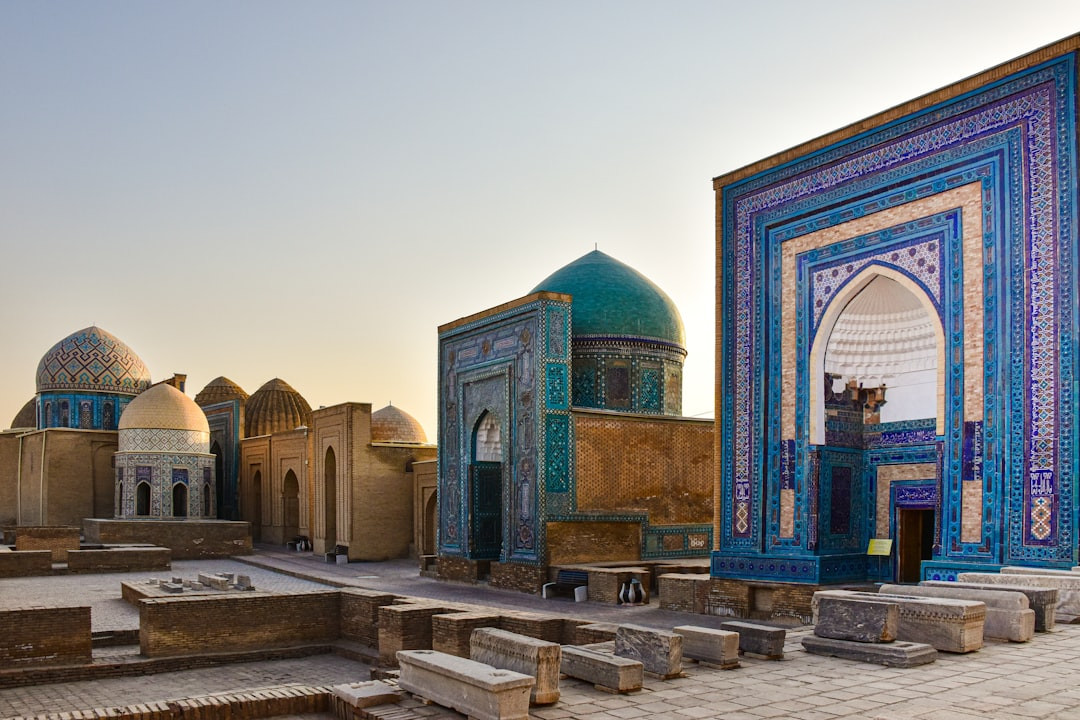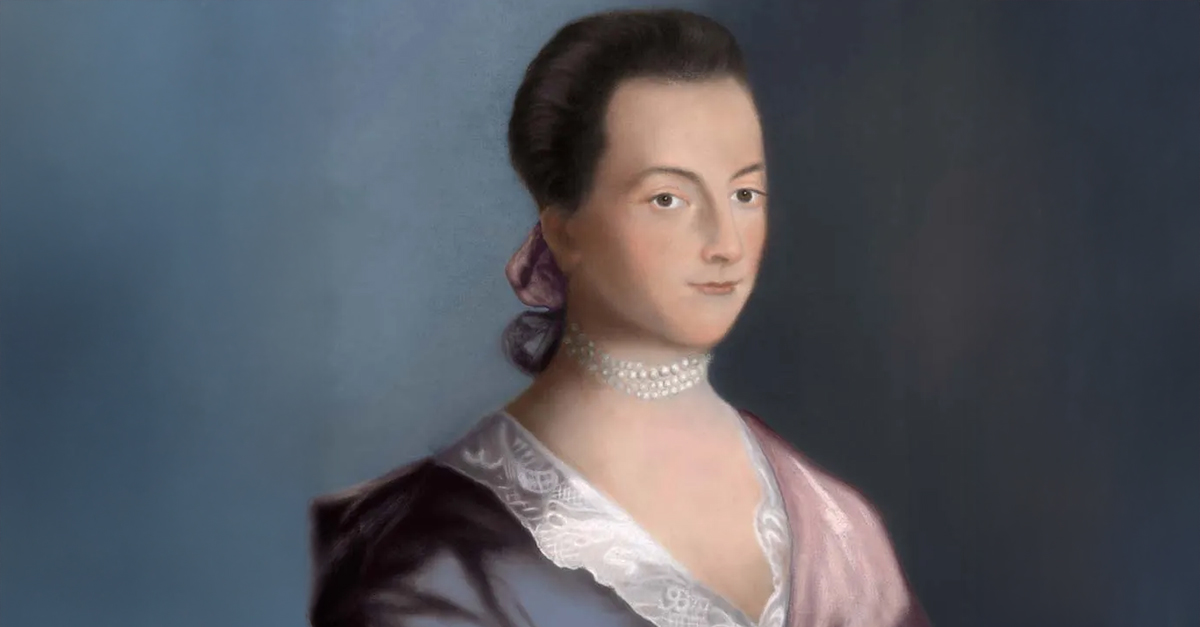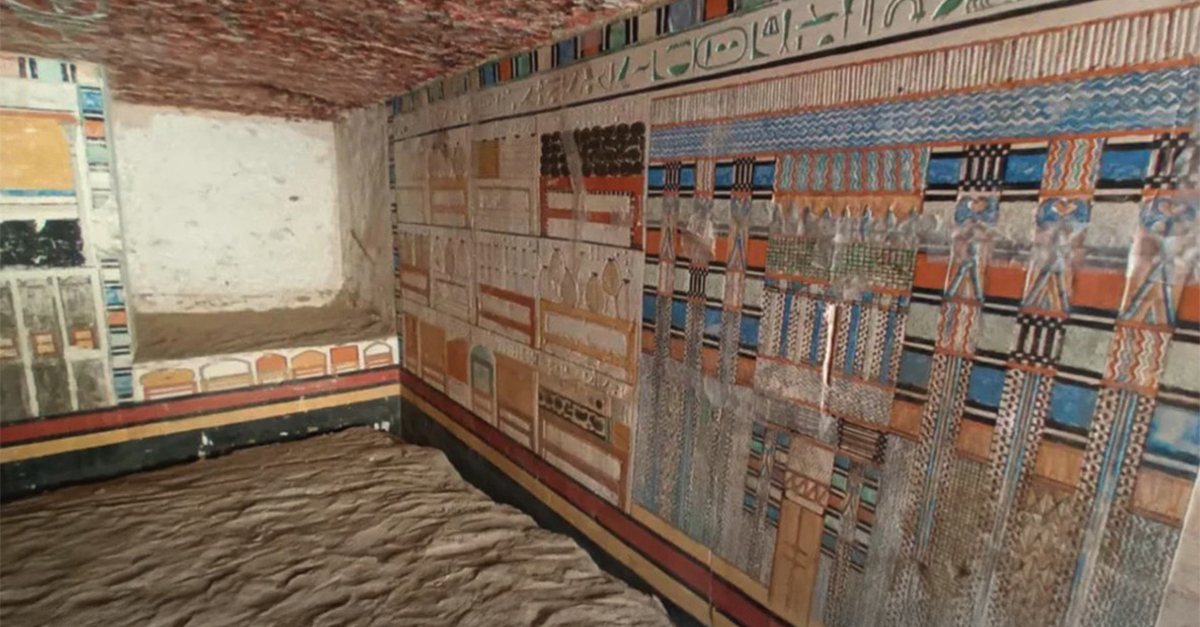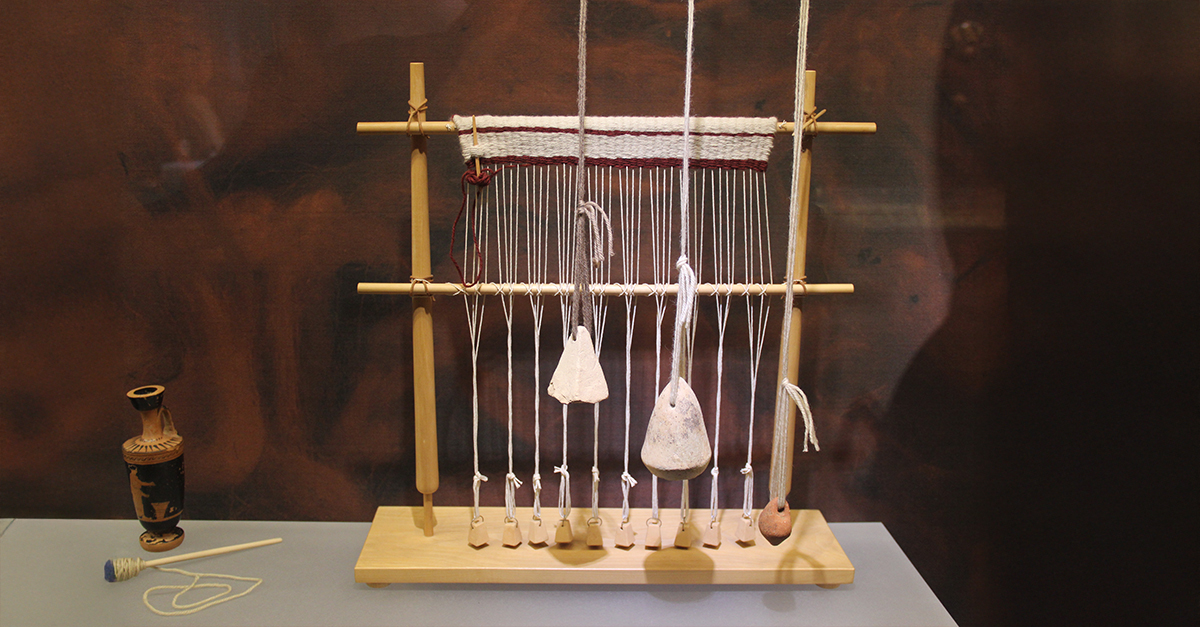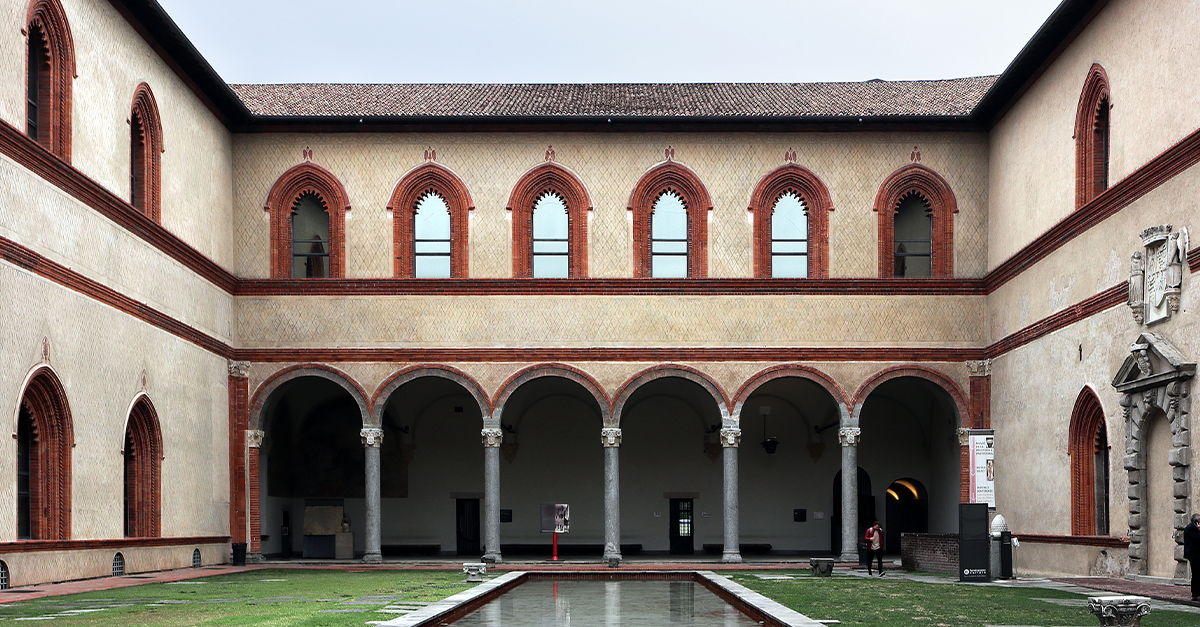Ibn Battuta, a 14th-century Moroccan traveler, is one of the most prolific travellers in world history, but his name is still obscure in comparison to his European counterpart, Marco Polo. Born in Tangier in 1304, Battuta journeyed over 73,000 miles during his life, visiting more than 40 different countries. His travels spanned the Islamic world and far beyond, offering us an incredible window on life in the Middle Ages across three continents.
From Pilgrim To Explorer
Ibn Battuta’s original intention was straightforward: he wanted to make the Hajj pilgrimage to Mecca. He left Tangier in 1325 at the age of 21 and didn’t return home for almost 30 years. What started out as a religious journey gradually morphed into a lifelong odyssey. Through the decades, Battuta visited North Africa, Egypt, the Arabian Peninsula, East and West Africa, Persia, Central Asia, India, Southeast Asia, and even parts of China.
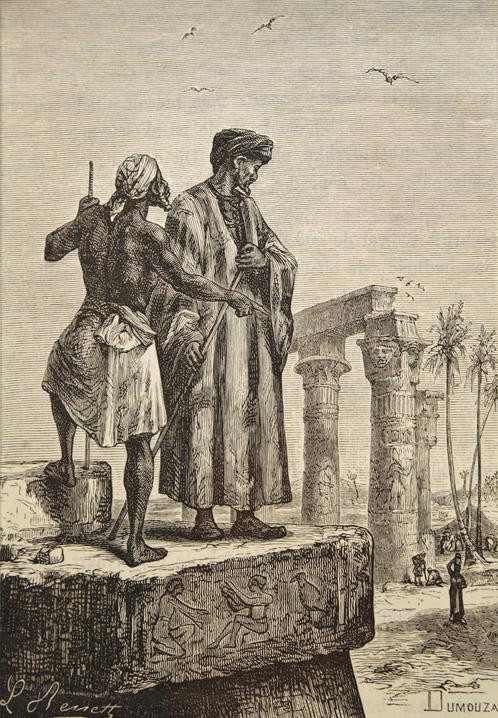 Léon Benett, Wikimedia Commons
Léon Benett, Wikimedia Commons
He Was Cut Out For A Life On The Road
Battuta’s travels weren’t sightseeing tours. He served as a judge (qadi) in India, was hosted by sultans, survived shipwrecks, endured bandit attacks, and was marooned on islands. In Mali, he was struck by the splendor of Mansa Musa’s empire. In India, he served at the court of Sultan Muhammad bin Tughluq and was later sent as an ambassador to China. As you can imagine, he had his hands full!
The Rihla: A Chronicle Of A World Traveler
At the command of the Sultan of Morocco, Battuta dictated his stories to a scholar named Ibn Juzayy. This collaboration resulted in the travel memoir called The Rihla (“The Journey”). This text is a priceless historical document that captures the geography, politics, religions, and cultures of the Middle Ages. Battuta’s recollections are oftentimes colorful, at times exaggerated, but never lacking in rich and intricate detail.
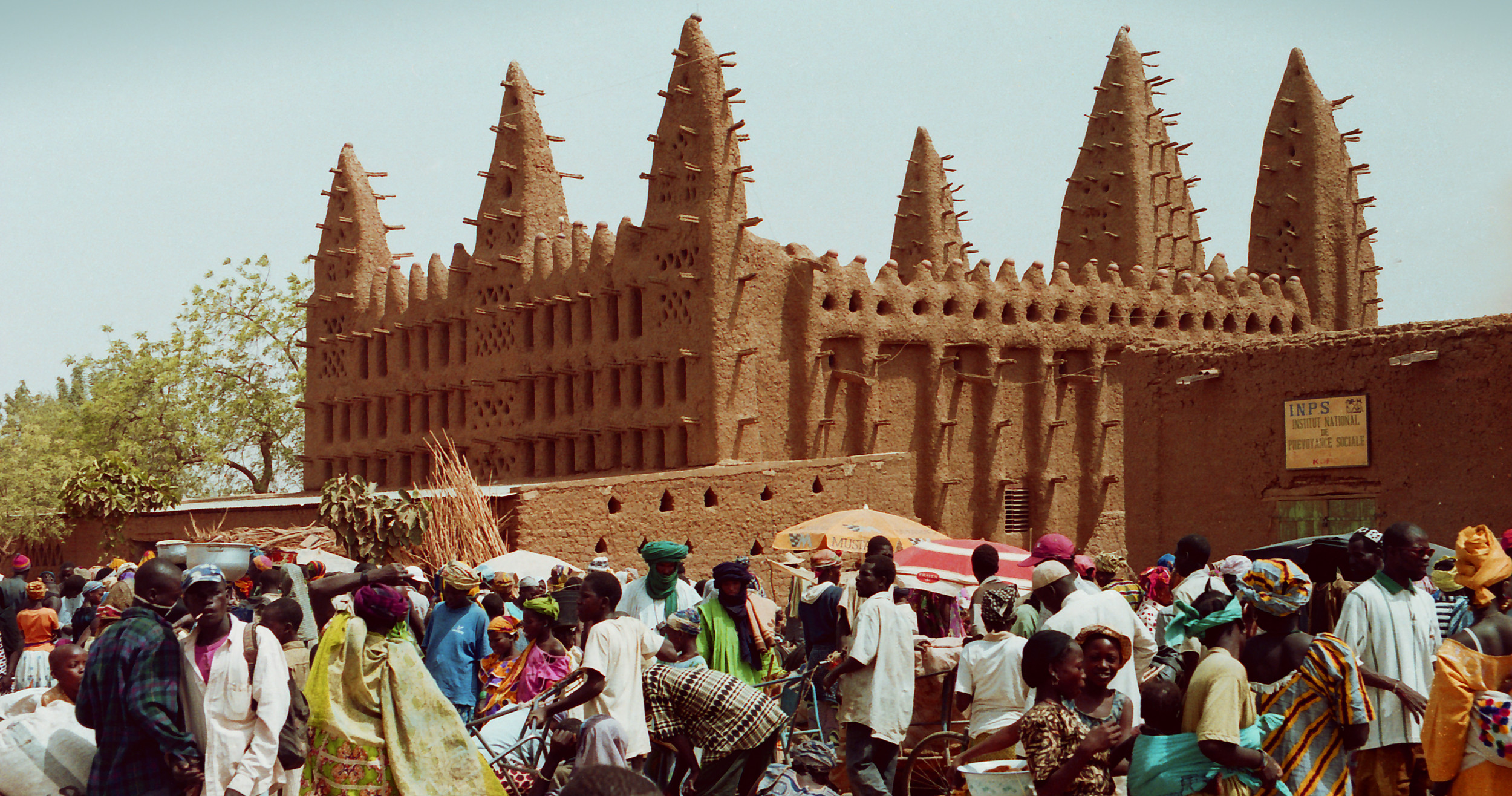 Dr. Ondřej Havelka (cestovatel), Wikimedia Commons
Dr. Ondřej Havelka (cestovatel), Wikimedia Commons
Ibn Battuta Vs Marco Polo
Marco Polo, the Venetian explorer who journeyed to China in the 13th century, is often credited as one history’s greatest travellers. While Polo’s Travels shaped European views of the East, his journey was primarily limited to Asia and lasted around 24 years. Ibn Battuta, on the other hand, spent almost three decades traversing a much wider portion of the globe.
A Single Sojourn
Polo’s travels involved a single extended voyage, while Battuta’s were more episodic, shaped by religious duties, his job prospects, and curiosity. Polo was backed by the Venetian Republic and later the Mongol court; Battuta depended more on the hospitality of the peoples of the Islamic world and the support implied by a shared religious faith.
Centuries Of Influence
Even with all the sweeping scale of his peregrinations, Ibn Battuta's influence in the West was subdued for centuries. His Rihla didn’t get wide circulation in Europe and only became accessible to Western scholars in the 19th century. Historians now recognize him as an unequalled observer of the 14th-century world, especially Islamic lands, where his firsthand insights into cities like Cairo, Delhi, Timbuktu, and Samarkand offer incredible historical perspectives.
 Betty Wills (Atsme), Wikimedia Commons
Betty Wills (Atsme), Wikimedia Commons
A Man Of His Time And Beyond
Ibn Battuta was a man of formidable endurance, brains, and adaptability. He traveled through lands where he shared a religious and cultural affinity. This gave him much greater access to local customs and elites. These factors, along with his resilience in the face of adversity and his razor-sharp powers of observation made him unquestionably one of history’s greatest travel writers.
You May Also Like:
The discovery of Hawaii by the ancient Polynesians was one of history's greatest adventures.
Alexander Selkirk, The Real-Life Robinson Crusoe

